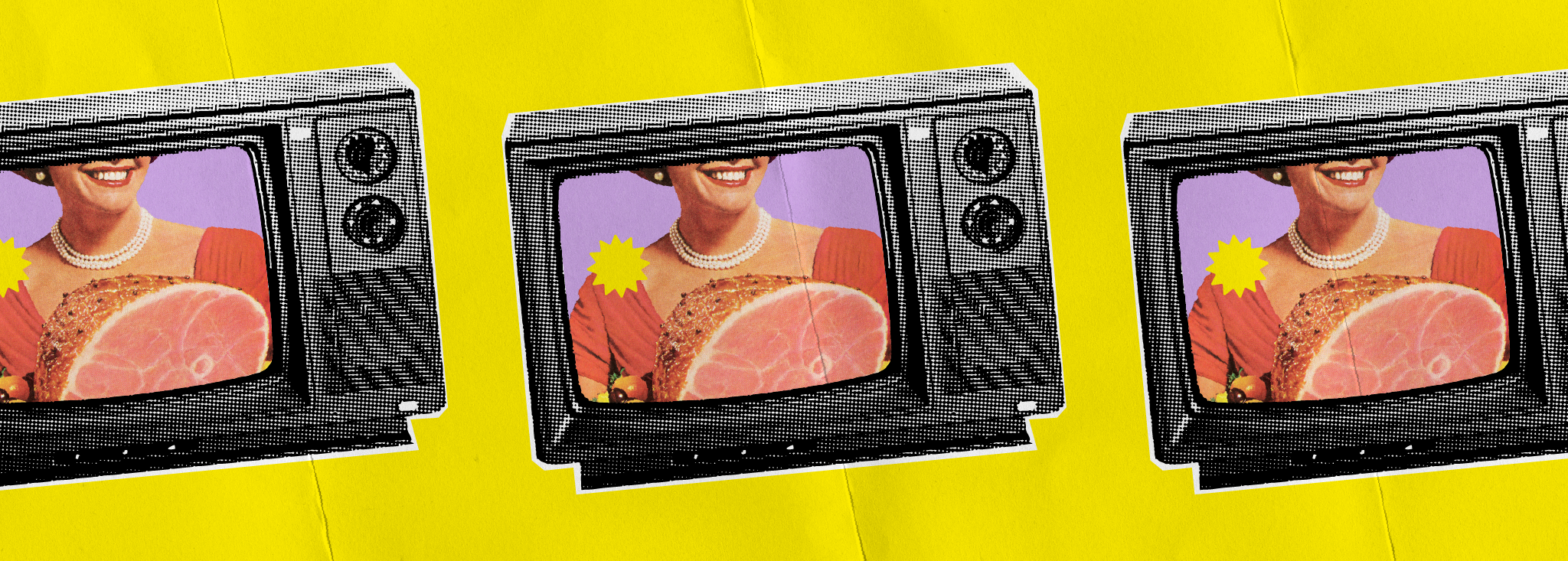Dear Diabetes Community, We Have a Racism Problem
Written by: Dana Howe
5 minute read
June 29, 2020
Editor’s Note: The following op-ed was written in June 2020 by Dana Howe, a former staff member at Beyond Type 1. Beyond Type 1 stands with the Black Lives Matter movement—read our statement in full here.
Diabetes community, we have a racism problem. We have an anti-Black problem. We have work to do.
This is a call for reflection—I hope you’ll join me. Whether you’re a community member or a person working at a diabetes organization or company, we each have a role to play here.
I write this as a white woman working for Beyond Type 1, living with type 1 diabetes, addressing what I see and have experienced as part of the mostly-white diabetes online community. I am reflecting on my role in contributing to the racism problem in the diabetes online community, and how to work to make change. I hope my putting that out there invites you to join me.
Recently, our partners at JDRF shared stories from three Black women living with type 1 diabetes. The posts were met with unmoderated hateful and racist comments, ranging from ignorant misunderstanding to blatant personal attacks. On Monday, JDRF issued an apology and paused the comments until they could moderate the responses. The comments section on these posts is not an isolated incident. The comments follow well-worn patterns of response from many white community members expressing discomfort and denial around issues of race. This is a manifestation of the way organizations, companies, brands and campaigns have historically centered whiteness, excluded others, and failed to address the intersection of race and diabetes head on. A sign of a lot of work to do.
Stopping at calling out racist comments in the comments section has let organizations and bystanders off the hook too many times in the past. Racist comments aren’t the root of the racism in the diabetes online community, they’re a symptom of it.
I am deeply grateful to these women for sharing their stories. My bet is they knew the potential for backlash, coded language and erasure of their experiences. White people repeatedly act surprised about racism when explicit examples show up. Black people don’t have that luxury. But these women shared anyway. I want to thank them for that, but also acknowledge that Black women shouldn’t need to be brave to share their diabetes stories with the diabetes online community. And—to the mostly-white diabetes community and diabetes organizations—we have to take responsibility for the factors that lead to the response playing out like it did.
To those of us who are white and live with diabetes, our race has impacted our experience, too. But as white people, we’ve been conditioned to not see whiteness as a factor, but as a default. To see white as neutral, white as the absence of race. That’s a fallacy—and it’s dangerous, because it keeps us from engaging with race in any constructive way. It actively keeps us from being able to understand when someone raises their voice and says “my racial identity matters to my diabetes experience” or “my racial identity matters to ANY experience”.
Race has an important place in the diabetes discussion. Health and healthcare disparities in diabetes are a result of systemic racism, implicit bias and socioeconomic barriers to healthcare access. One study found that Black youth have an average HbA1c of 10.6%, compared to an average of 8.3% among their white peers. Another study shows that Black children are twice as likely to die from diabetes. On the flipside, whiteness has, at a population level, afforded many of us better access to healthcare and better experiences with diabetes management and with the diabetes community. Diabetes is hard for everyone, and many white people do face access challenges that make it even harder. The difference is that, for white people with diabetes, race isn’t one of the reasons that it’s hard.
Many white people are defensive and fearful when race, especially Blackness, is discussed at all. White fragility is keeping us from being allies for others, and it’s showing up in the comments section in a way that is actively doing harm. But this doesn’t start and end with the people in the comments section. It’s about all of us. Good news for my fellow white people—we can learn to think differently and take actions to help rather than hurt. I recommend starting with this diabetes-specific guide to being a better ally.
Organizations have a big role to play in the work to be done. The role diabetes organizations have played historically is part of why the diabetes community has a racism problem now.
We haven’t talked about race enough before, and now we’re seeing the results of that.
Black members of the diabetes community haven’t been empowered and supported in sharing their stories enough, and now we’re seeing the results of that.
Black people have held too few positions of power within diabetes organizations before, and now we’re seeing the results of that.
As some of the commenters are quick to point out—it’s not just Black representation that matters. On this point, they’re right. We need to do better to represent, amplify and empower Indigenous people, Latinx people, Asian people, immigrant families, non-English speakers undocumented people, LGBTQ people. Poor people of all racial backgrounds. Many, many groups have been excluded because we’ve defaulted to whiteness, straightness and more. These stories and voices are shared rarely and often as a specific diversity program or campaign, because white has been wrongly understood as the default, the “absence of race”, or “the absence of difference.”
Inclusion initiatives fall short of fixing this problem. Bernice King, the daughter of Martin Luther King, Jr., tweeted recently—“Even the statement, ‘Let’s invite more Black people to the table,’ implies ownership of the table and control of who is invited. Racism is about power.” So far, changes haven’t gone far enough to shift power.
We need to own these past failures. If we don’t, how can we improve? We can, and must, support the Black diabetes community and work towards all of the above. We need to be willing to take accountability for our work and actions—past, present and future.
Check out the stories, work and community spaces being created by the women who shared earlier this month, as a starting point—Anita Nicole Brown, Kylene Dyana, and Keiva Cheney, and follow Women of Color in with Diabetes. Get comfortable talking about race. Support Black members of the diabetes community. Call out racism in the comments section. Then bring that same energy through every part of your interactions with the community or your work here. It’s not enough to not be racist, learn how to practice anti-racism every day.

Author
Dana Howe
Dana is a communications professional connecting the global diabetes community—to one another and to tools and programs that make life with diabetes a little easier. Dana has worked to build Beyond Type 1’s digital presence since 2016, but has lived with type 1 diabetes since diagnosis in 2002. Prior to Beyond Type 1, Dana held communications positions at major hospitals and small nonprofits, and completed an MS in Health Communication from the Tufts University School of Medicine in 2016. She is often spotted skiing, biking and taking selfies with her dog.
Related Resources

False health food ads and misinformation seem to pop up everywhere—e.g., social media, TV, online...
Read more

The holidays are a time for celebration, family, and indulgent meals. Managing diabetes, however, doesn’t...
Read more

The holiday season is all about celebration, family, and joy—with a little chaos sprinkled in...
Read more